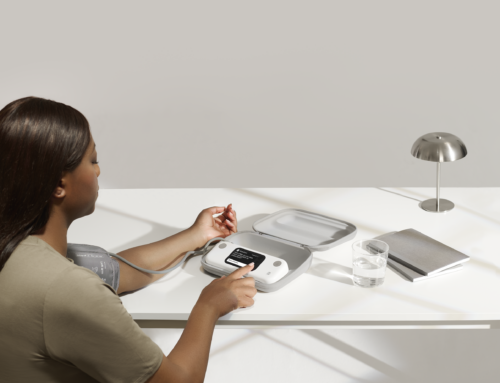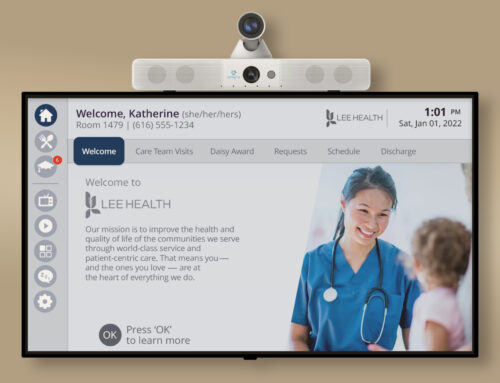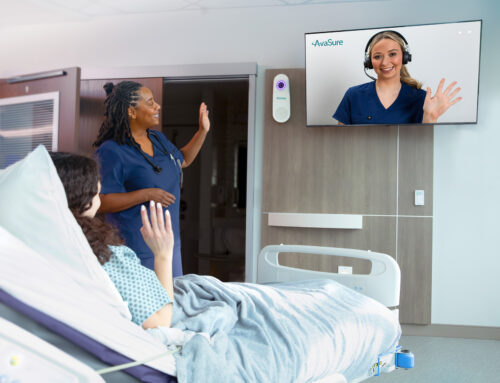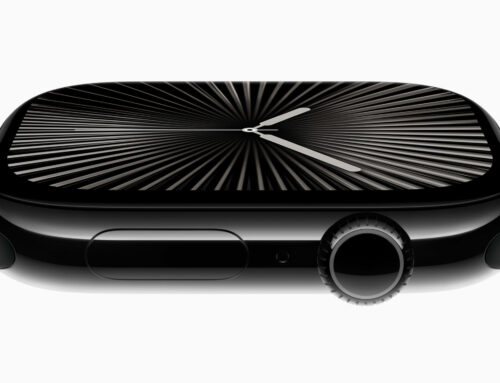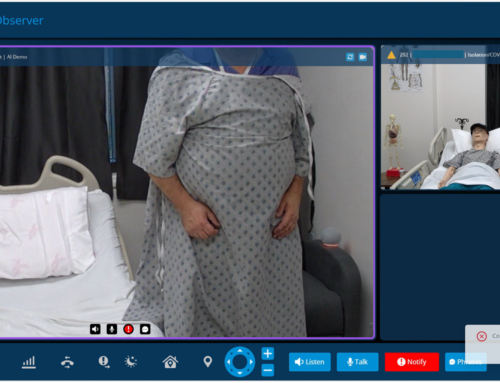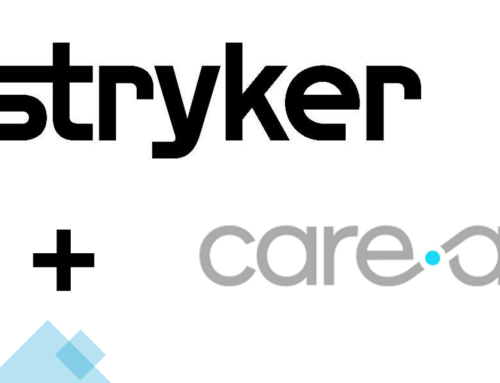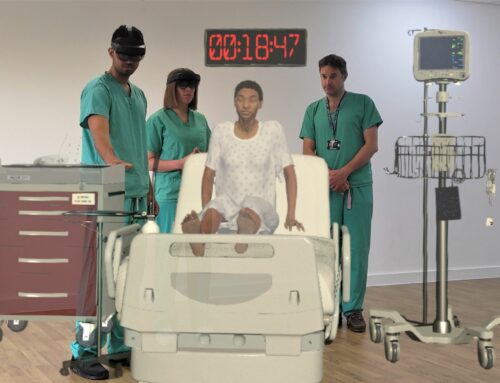The consumer experience (CX) in healthcare has a personalization problem.
By: Dan Leibu, Co-Founder, Chief Product Officer at League |
The modern consumer benefits from highly customized, tailored experiences numerous times a day through convenient applications for banking, personal fitness, e-commerce and entertainment. Amazon, for instance, saves your purchase history and recommends products you may like. Netflix can recommend shows and movies based on what you’ve watched before. Deep personalization and engagement have completely revolutionized nearly every consumer industry in the last 20 years.
In contrast, the CX in most existing consumer healthcare systems is fragmented, impersonal and often difficult to navigate – and in turn – that lack of personalization impacts healthcare outcomes. But what is more personal than our healthcare? If we could apply the best aspects of the CX of Amazon or Netflix in healthcare, it would dramatically shift the industry toward more effective, cohesive and meaningful healthcare experiences and help improve the quality and economics of care.
Personalization drives consumer engagement
The Health Management Company published a whitepaper on the strategies employed by digital-first companies like Netflix and their obsession with the consumer experience. The success of their platforms is rooted in the discovery that personalized user experiences directly drive engagement – and the quality and frequency of engagement grows as the experience becomes more personalized. Those transformative companies in other industries laid the blueprints for developers in the healthcare space to follow, which will make members and patients more connected to their care than ever before.
Leveraging healthcare data effectively has inherent challenges, as protecting an individual’s privacy is absolutely imperative. But healthcare organizations have access to millions of secure data points that offer a wealth of information about every single consumer’s personalized health journey. With the right data models in place, healthcare systems can provide a custom CX for every individual in their network that caters to their specific needs. And there’s industry evidence that shows if healthcare organizations don’t create compelling digital experiences, 40% of consumers will move on.
Engagement creates an “always-on” experience
A deeply personalized CX drives high engagement, which means healthcare organizations can connect more frequently and meaningfully with consumers – evolving the healthcare experience from a predominantly episodic, scattered and ad-hoc model, to one where patients are actively engaging in their healthcare regularly. Consider how frequently consumers use mobile banking or the Starbucks app for a morning coffee. By engaging with their health information in a similar manner, consumers can achieve an “always-on” experience – which goes well beyond the four walls of a doctor’s office. It means giving patients 24/7 access to a deeply personalized engagement platform that serves as a destination for all their healthcare needs.
Increased engagement stands to benefit healthcare providers and insurers, as well. By increasing the frequency of consumer interactions to monthly, or even weekly, using omnichannel engagement strategies, provider organizations and insurers can deliver health education, direction and preventive care that drives business objectives and improves health outcomes. A deeper connection between patients and their providers and insurers can close gaps in care and information. An Accenture survey found half of its respondents did not understand basic health insurance terminology, such as “premium” and “deductible.” Even people with higher degrees of healthcare literacy don’t know every benefit their health plan offers, but a strong patient engagement platform could help them maximize those offerings.
Going from defense to offense
Creating more touchpoints between consumers and their healthcare through an engaging CX completely shifts the paradigm in healthcare from reactive to proactive. Rather than reacting defensively to health issues as they arise – or waiting for an appointment while a health condition gets worse – consumers can take control of their personal health and manage things such as chronic conditions in a much more proactive fashion. When healthcare experiences are personalized and easy to use, people stop dreading their health interactions, which contributes to more timely and proactive behaviors. Patients with chronic conditions, who often pick up the phone or visit a pharmacy in person for monthly prescription refills could set alerts and manage their prescriptions with a few taps – making it just as easy as ordering a pizza from Dominoes.
There is no one-size-fits-all solution for healthcare. Every healthcare consumer has unique needs. By focusing on CX and personalization, healthcare organizations can design thoughtful and inclusive health experiences that address the needs of every patient while fostering meaningful relationships and long-term brand loyalty.
About The Author
Dan Leibu is the co-founder and chief product officer of League, a platform technology company powering next-generation healthcare consumer experiences

